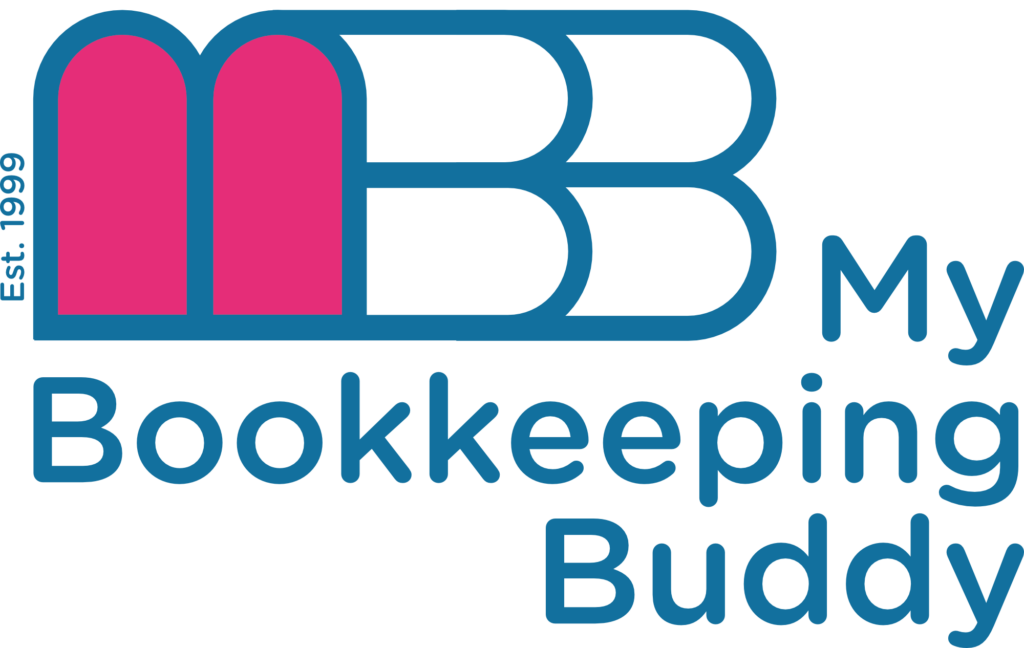Tips for Managing Debtors When You’re Self-Employed
Tips for Managing Debtors When You’re Self-Employed
You’ve poured passion, time, and money into fulfilling a contract, have agreed on payment terms and invoiced your customer—and then nothing. Days turn into weeks, and you still haven’t received payment.
For single proprietorships and small start-ups, uncollected invoices can sink your business. Suddenly, you’re cash flow negative. Income you needed to cover expenses and pay vendors dries up. Without the safety nets larger companies enjoy, small businesses often face bankruptcy when a large client refuses to pay.
Wondering how to tip the balance of power in your favor? Try these strategies to get paid quickly and avoid non-payment.
Send a collection request right away
It is absolutely crucial for entrepreneurs to follow-up on unpaid invoices quickly, just a few days after the payment date is missed.
Contact the debtor by phone to confirm they received your invoice and remind them that it’s past due. In many cases, your client has simply neglected to review their accounts payable and is behind on their bookkeeping. Agree on a new payment date and follow up again if it is missed.
It is also possible that your customer is struggling with financial difficulties. Be reasonable and suggest a payment plan. It is better to collect installments than to receive no payment at all.
Be persistent and firm, but always polite. Harassment and escalating threats typically get the entrepreneur into trouble, while yielding little from the debtor.
Remind your debtor that late payments come with a cost
In many countries, late payments accrue penalties that pile on costs for your debtor, the longer they wait to pay.
In the UK, for example, entrepreneurs can claim interest and debt recovery costs if a client is late with payment. The Late Payment of Commercial Debts Act considers a payment late 30 days after the delivery of goods or services. After that point, interest is set at the Bank of England base rate, plus 8%.
Investigate similar provisions in your country or state, and if your debtor won’t respond to your reminders, send their accounts payable department a “statement of account” that includes:
- the date of the unpaid invoice
- a description of goods or services provided, for which you are awaiting payment
- the total amount due, including applicable interest
Proceed with legal action
Have 30 days come and gone and you’re still getting nowhere with your unpaid invoice? Sometimes, all it takes to motivate a reluctant debtor is an official letter from a lawyer or legal body. If your income level is below stipulated levels, you may even qualify for free legal aid.
It’s important to note that in some cases, it makes more sense to write off uncollected invoices as “bad debt” and absorb the loss. For example, if your debtor has declared bankruptcy and it is clear they have no money to pay you.
When it comes to dealing with debtors, the key is to respond quickly to a threat of non-payment and follow up consistently until you’re paid. It’s also wise to consult your accountant or a trusted business advisor to tailor your strategy to protect your business.
Get in touch
Contact us if you have any questions or want to discuss the next steps for your business.
